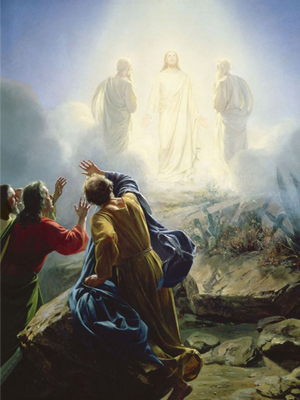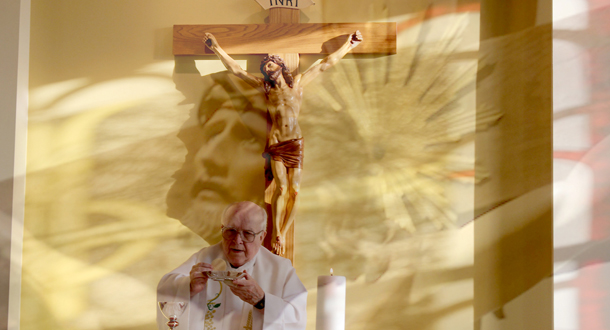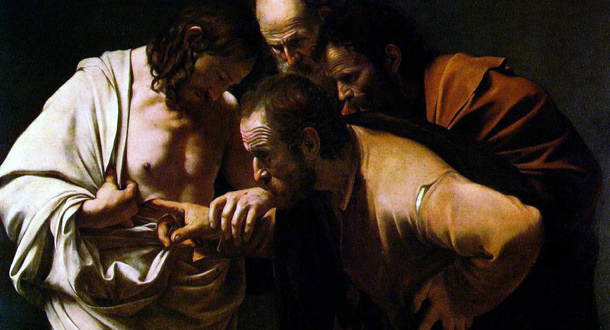
Scripture:
Job 42:1-3, 5-6, 12-17
Luke 10: 17-24
Reflection:
I remember when I was young, my mother used to write my name on just about everything. She would put my name on school supplies, clothing items, and sometimes toys. My name even appeared on the refrigerator door with a photo. Is your name written on things that you own? Even today I have my name written on various items: passport, driver’s license, legal documents, business cards and even on my office door. Sometimes we might want to put our name on a laptop or cell phone or maybe even on the inside cover of a special book. This is helpful because when the item is lost or misplaced, you might get the item returned. Your name on a particular item says that article belongs to you.
In today’s gospel reading, Jesus tells the disciples, “…rejoice because your names are written in heaven.” First, though, Jesus gives a prohibition, a warning. “Do not rejoice because the spirits are subject to you.” Jesus had sent the disciples out to announce the Kingdom of God. They returned from their short missionary journey all excited because the evil spirits were subject to their commands. Jesus calls off his disciples from rejoicing even in that which is legitimate and a good reason for rejoicing as any-namely, success against the powers of darkness. He calls them to fix their joy upon a good infinitely to be preferred to that-their name written in heaven. Jesus was fearful of spiritual pride and a false sense of security in his disciples.
When I am successful, it is easy to think that it’s all because of me–my skills, my knowledge, my determination, my power. I become the center and fail to acknowledge all that lies behind my success: encouragement of friends or education or opportunities others don’t have. Maybe even luck plays a role. And behind it all is God’s graciousness. The other point is that when we have a false sense of security, we are easily crushed and lose heart when the tide goes against us. To fortify us against these two outcomes, Jesus reminds the disciples that their victories are temporary. Having their names written in heaven is permanent.
My name on a piece of clothing says that item belongs to me. Having my name written in heaven means I belong to God. God does not forget me when dark clouds surround me, when the good I desire to do fails miserably or when there is no reason to rejoice. God knows my name, loves me and watches over me every day of my life. My name is written in heaven. Now that is a fact in which we can rejoice.
Fr. Don Webber, C.P., is the director of the Office of Mission Effectiveness for Holy Cross Province and resides in Chicago.


 Scripture:
Scripture:

 Feast of Saint Thomas the Apostle
Feast of Saint Thomas the Apostle  Scripture:
Scripture: Scripture:
Scripture: